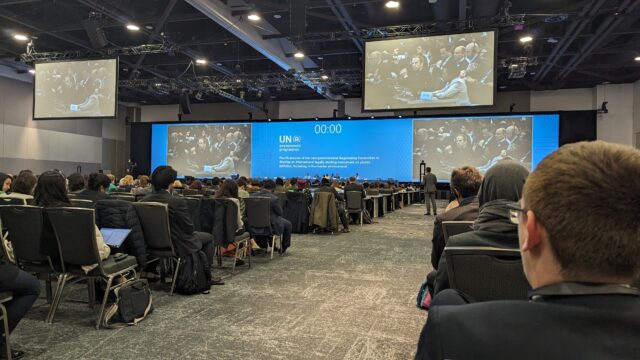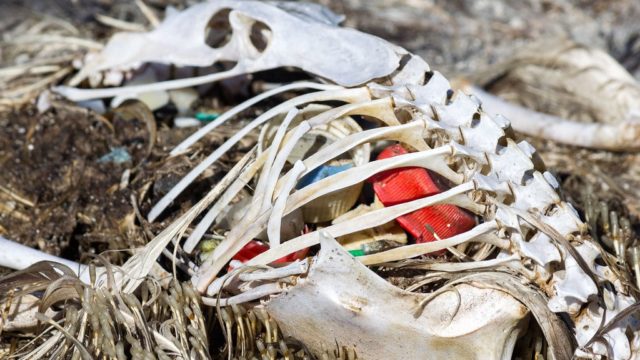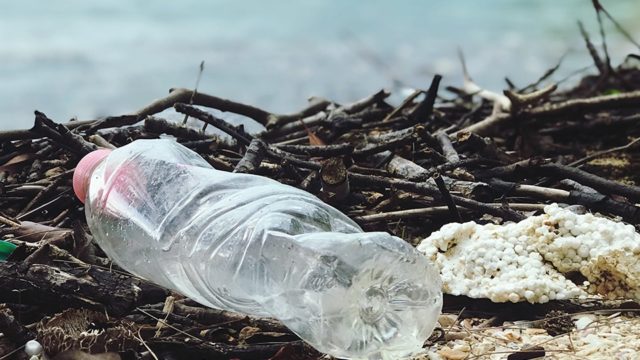Today marks the end of INC-4, otherwise known as the global plastic treaty negotiations. The goal is to develop a legally binding treaty to tackle the plastics pollution crisis. So, how did we go?
Well, after a week of waffling, countries need to knuckle down on discussions before INC-5 and keep strong options on the table — or risk a failed treaty outcome.
“Why do we need an international plastics treaty?” you might be thinking. “Isn’t it enough just to recycle?” But when research shows that just 60 firms are responsible for half of the world’s plastic pollution, it’s clear the responsibility lies with industry not individuals.
What is the United Nations conference in Canada 2024?
From April 23–29, 2024, delegates from around the world gathered in Ottawa for the fourth session of the Intergovernmental Negotiating Committee on Plastic Pollution.
If Canada is to be an international leader on this issue, then the federal government needs to step up its ambition and take immediate action at home. Right now, frontline community members still face a health and environmental emergency due to a benzene leak in ‘Chemical Valley’, Ontario.
What happened at INC-3?
The third session of the Intergovernmental Negotiating Committee (INC-3) took place in Nairobi, Kenya, in November 2023.
Muhannad Malas, Ecojustice’s director of law reform, attended the week-long United Nations negotiation session which made little progress thanks to the stalling tactics of industry lobbyists. You can our debrief here.
Is the global agreement on plastic pollution legally binding?
That’s the point, it’s supposed to be. The danger will be if industry players manage to water down the language to the point where it’s ineffective.
In 2022, the international community committed to developing an international legally binding instrument on plastic pollution by the end of 2024. As we head into summer, time is running out to make good on that promise.




